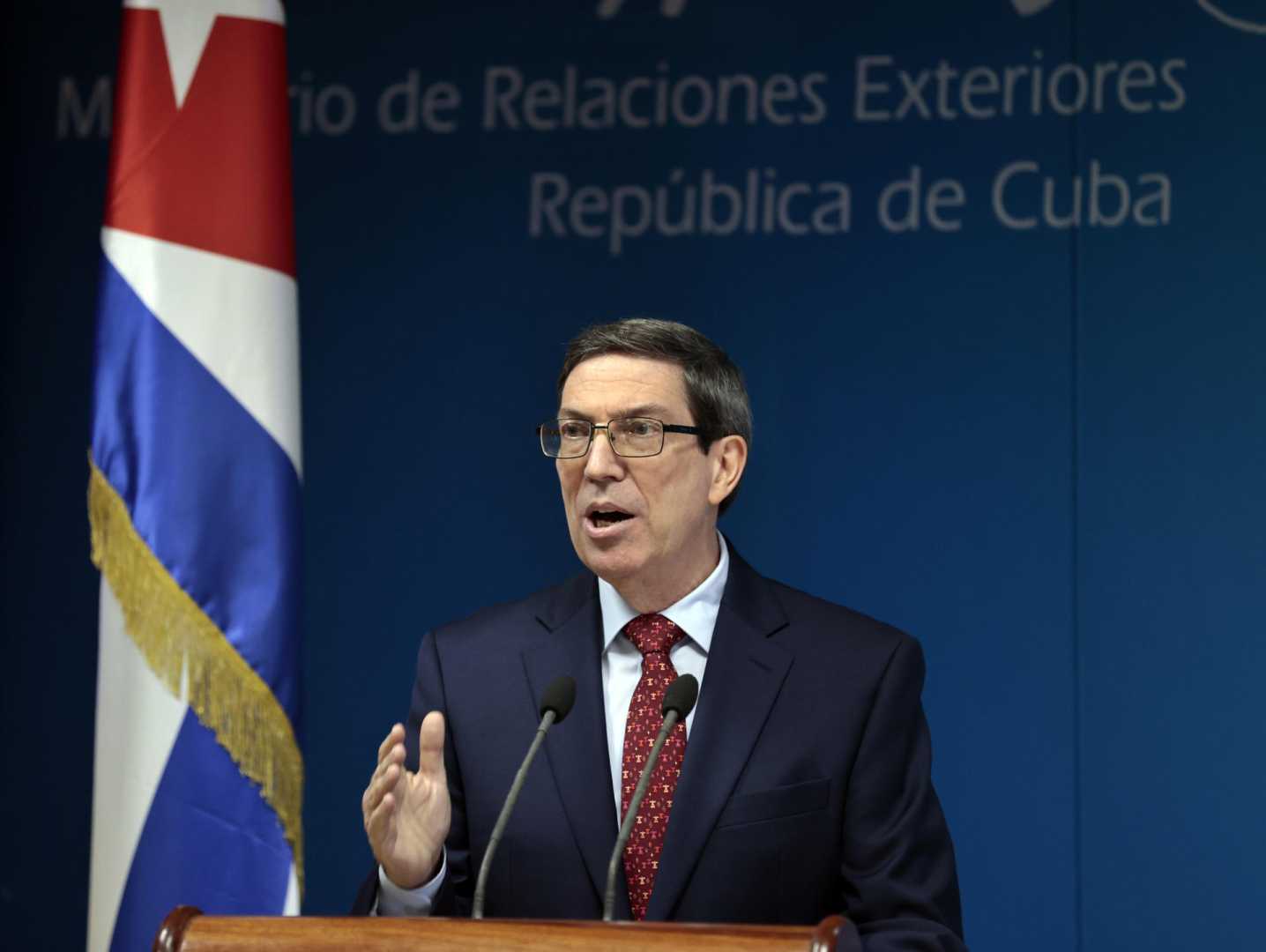World
Cuban Minister Warns UN Against U.S. Military Actions in Caribbean

HAVANA, Cuba — Foreign Minister Bruno Rodriguez urged the United Nations on Wednesday to intervene and prevent the United States from escalating military tensions in the Caribbean. He voiced his concerns during a press conference in Havana, coinciding with the island’s annual campaign for a UN resolution condemning the U.S. trade embargo.
Rodriguez emphasized the need for the UN General Assembly and Security Council to act under their charter to maintain peace in the region. He called the U.S. military’s current actions, which are framed as counter-drug efforts, a “crude and ridiculous pretext” for aggression.
“The United States is today the main financial center and the primary center for money laundering of foreign assets that originate from transnational organized crime, fundamentally drug trafficking,” he stated.
Heightened tensions have arisen between Washington and Venezuela, Cuba’s key ally, particularly following U.S. military strikes targeting Venezuelan boats allegedly carrying drugs. Rodriguez described these strikes and their consequences as actions that “create a dangerous situation that threatens peace and security.”
For over three decades, the UN General Assembly has consistently passed a resolution calling for the U.S. to lift its comprehensive sanctions on Cuba. Rodriguez noted that this year marks an international climate of intensified unilateralism and a more aggressive U.S. stance towards not just Cuba, but many nations.
The economic situation in Cuba has worsened under increased sanctions imposed by the Trump administration, which included designating Cuba a state sponsor of terrorism. Rodriguez attributed the dire state of the economy, characterized by severe shortages and inflation, to these sanctions, while U.S. officials blame Cuba’s Communist government for the crisis.
The situation remains volatile as Cuba and its allies continue to navigate the pressures from U.S. foreign policy.












